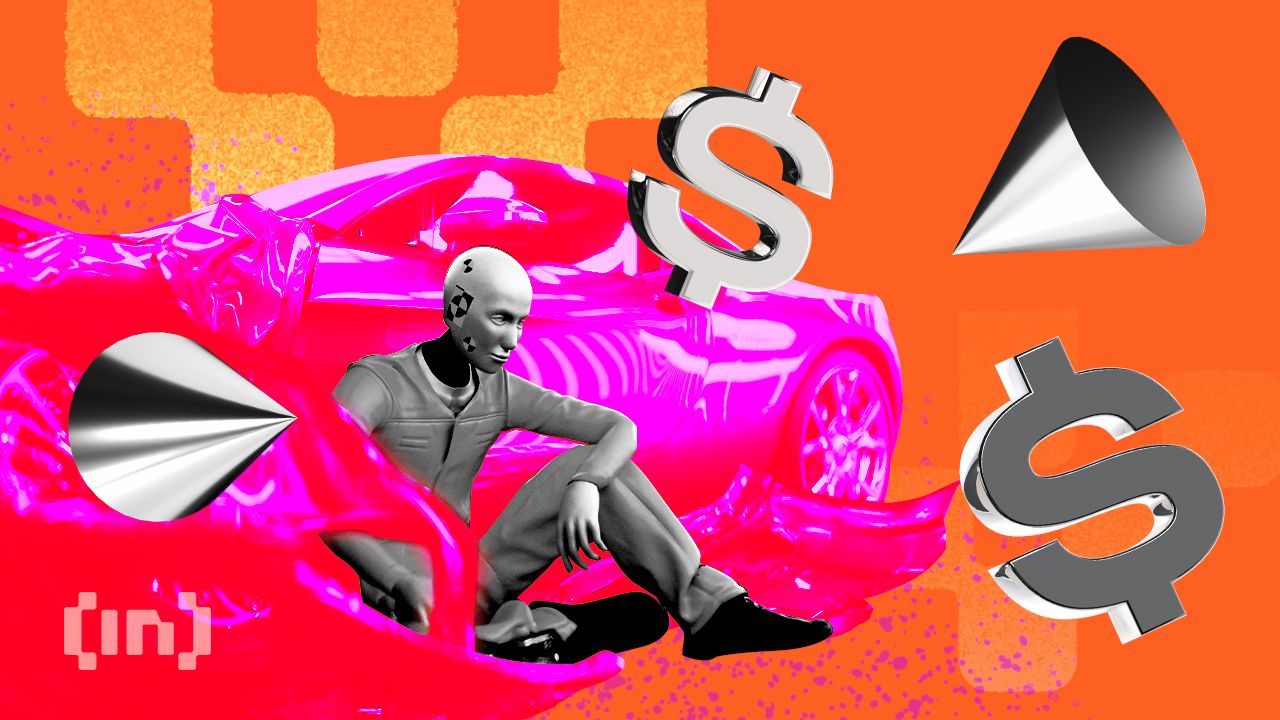DAOs do not need to be fully decentralized

Decentralized Autonomous Organizations (DAOs) are emerging as a new tool for organizing, managing and scaling Web3 projects.
This article is part of CoinDesk’s “BUIDL Week.” James Young is the co-founder of Abridged, the creators of Collab.Country.
Largely, the value of the DAO is rooted in the idea of the “global village”, i.e. the ability to coordinate trustlessly on a global scale. At the highest level, we see three types of DAOs emerging in today’s landscape:
DAOs for capital allocation bringing groups of people together to raise liquidity, vote on the allocation of that liquidity, and (ideally) distribute rewards back to the community.
Social DAOs are usually organized around a symbol and promise friendship, networking, learning and collaboration for the community.
Governance DAOs are typically organized around large-scale financial applications where token ownership automatically grants “membership” (ie, voting rights) in the DAO and the right to influence the direction of the protocol.
Baked into the very name, many DAOs position themselves as decentralized – or at least plan to be fully decentralized. But just because the technology underlying a DAO is decentralized does not mean that the organizational structure of a DAO should be as good.
In this hyper-prioritization of complete decentralization, there are actually many DAOs that “DAO” it wrong.
Traditional organizations are limited in their ability to effectively deploy leadership. The concentration of power and lack of transparency limit innovation, creativity and diversity of thought.
In contrast, DAOs have the capacity to leverage decentralized networks and distribute leadership openly, dynamically, and quickly as needs arise. Members who make significant contributions to the organization are rewarded with influence and voting rights, leading to a flexible leadership system that scales as the organization does.
This model scales leadership, but it does not necessarily decentralize it completely.
Many DAOs say that decentralization, broadly speaking, is the end goal, and as a result conflate “system decentralization” with “organizational decentralization.” The former refers to the technological systems the DAO is built on and uses, and the latter will include the DAO’s social and cultural attributes. System decentralization should be relentlessly pursued, while organizational decentralization should be approached with caution.
Organizational decentralization at the wrong time or for the wrong DAO risks throwing an organization into chaos and inefficiency – preventing innovation similar to centralized entities.
Rather than decentralizing the organization for decentralization’s sake, DAOs should ensure the decentralized architecture of their token and voting enables efficient decision-making and scalable leadership. It requires a revision in mindset – decentralization as a starting point, not an end goal.
In the DAO landscape today, there are already examples of how to organize and operate DAOs effectively. We are seeing a number of new “best practices” that show how powerful decentralized technology can be when used towards effective management and scaled leadership.
Progressive decentralization is the process of rolling out more and more decision-making authority to society over time, to ensure that oversight can still remain with key contributors in critical phases of early growth.
Organizations like Tribute Labs have pioneered legal clarity around DAOs, helping to provide paths forward for DAOs that can be built by decentralized technology with the benefits of traditional organizations.
Innovations in voting such as the strong token delegation seen on the Ethereum Naming Service and quadratic voting employed by Gitcoin have given communities the ability to become more nuanced with their governance. The reality is that complete organizational decentralization is not always the most efficient way forward.
Meanwhile, the rapid adoption of artificial intelligence (AI) is already affecting how some DAOs make or inform decisions. Developers will use AI to help DAOs make better and faster decisions by analyzing data, identifying patterns and making predictions. Since DAOs are native online organizations with the entire governance process tracked on-chain, interactions can be analyzed programmatically.
Businesses move fastest with solid, recognizable leadership, but companies last longest with a thriving community, engaged contributors, and expansive opportunities. DAOs allow for both: Decentralized technology can still be overseen by defined hierarchies, while providing permissionless opportunities for others to contribute, grow and scale.
























